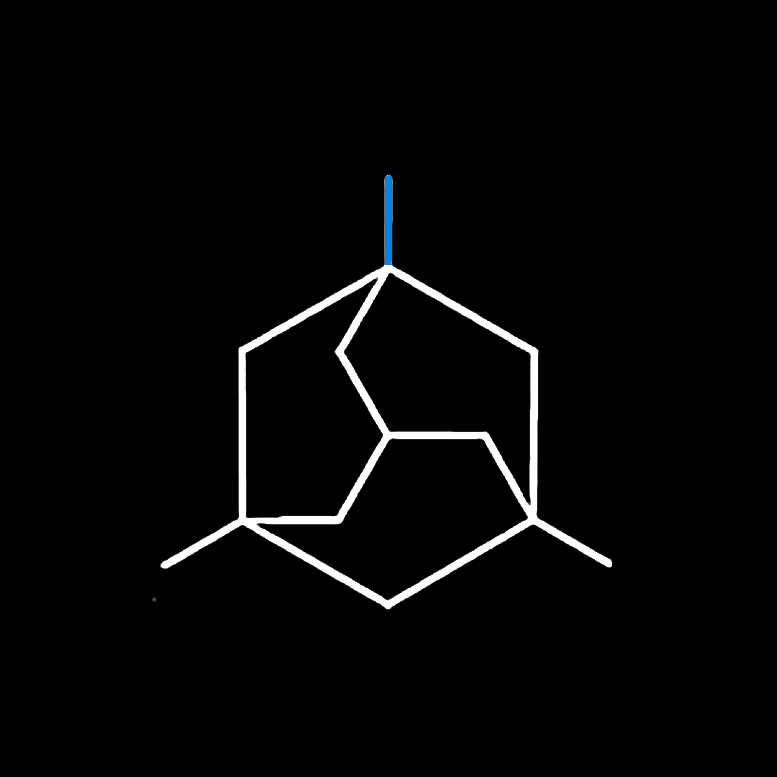Defeating addictions with Memantine

Memantine as an Anti-Addiction and Tolerance-Modulating Agent
Introduction
Memantine, a low-affinity, voltage-dependent, non-competitive NMDA receptor antagonist, has long been approved for the treatment of moderate to severe Alzheimer’s disease. However, its pharmacological profile makes it uniquely suited as a potential agent in the field of addiction medicine and neuroadaptive recovery. At Omnicyclion.org, where we explore spiritual and neurophilosophical healing pathways, memantine stands out as a scientifically grounded compound with parallels to the regenerative spirit of iboga.
Mechanism of Action
Memantine binds within the NMDA receptor-associated ion channel, blocking it only when the receptor is pathologically active. This allows it to selectively dampen neurotoxicity and maladaptive plasticity without impairing normal glutamatergic neurotransmission. Unlike ketamine or PCP, memantine exhibits rapid unbinding kinetics and lacks euphoric or reinforcing properties.
Addiction and Tolerance Modulation: Substance-Specific Evidence
| Substance Category | Craving Reduction | Tolerance Prevention | Suggested Dosage | Evidence Level |
|---|---|---|---|---|
| Alcohol | Yes | Yes | 10–30 mg/day | RCTs + animal studies |
| Nicotine | Yes | Possibly | 10–20 mg/day | Human studies |
| Opioids | Possibly | Yes | 10–30 mg/day | Strong preclinical data |
| Stimulants (Cocaine, Amphetamine) | Yes | Yes | 10–30 mg/day | Preclinical behavioral |
| Cannabis | Possibly | Possibly | 10–20 mg/day | Theoretical, anecdotal |
| Benzodiazepines | Hypothetical | Hypothetical | 5–20 mg/day | Mechanistic rationale |
| Ketamine / Dissociatives | Yes | Yes | 10–30 mg/day | Animal studies |
Neuroethical and Therapeutic Significance
Memantine does not induce dependence, withdrawal, or craving. Its ability to reduce pathological glutamate-driven neuroadaptation renders it a powerful candidate for interrupting addictive loops without impairing cognition or mood. In this way, it reflects the corrective principle often attributed to iboga — not by flooding the brain with sensation, but by gently dampening the circuits that have been hijacked.
Memantine vs. Iboga: Parallel Pathways
While iboga works through complex serotonergic, dopaminergic and sigma-receptor pathways to reset the addicted brain, memantine operates with precision on excitatory regulation. Iboga often initiates a deep psychological and spiritual reset; memantine sustains long-term biochemical stability. They may be seen as complementary: iboga to purge and awaken, memantine to stabilize and support.
Conclusion
Memantine is a rare example of a clinically approved pharmaceutical that aligns with Omnicyclion’s ethos: it supports free will, stabilizes cognitive function, reduces suffering, and aids in the rebalancing of mind and body. Further study and compassionate deployment of this agent may offer significant benefit to those in recovery from substance dependence. As with all such tools, integration into a larger framework of spiritual, ethical, and ecological healing remains essential.